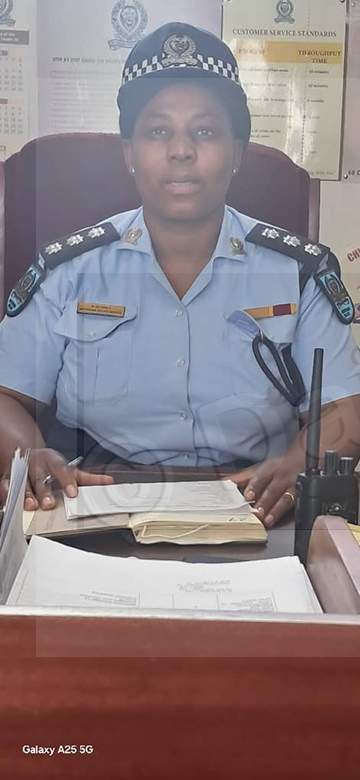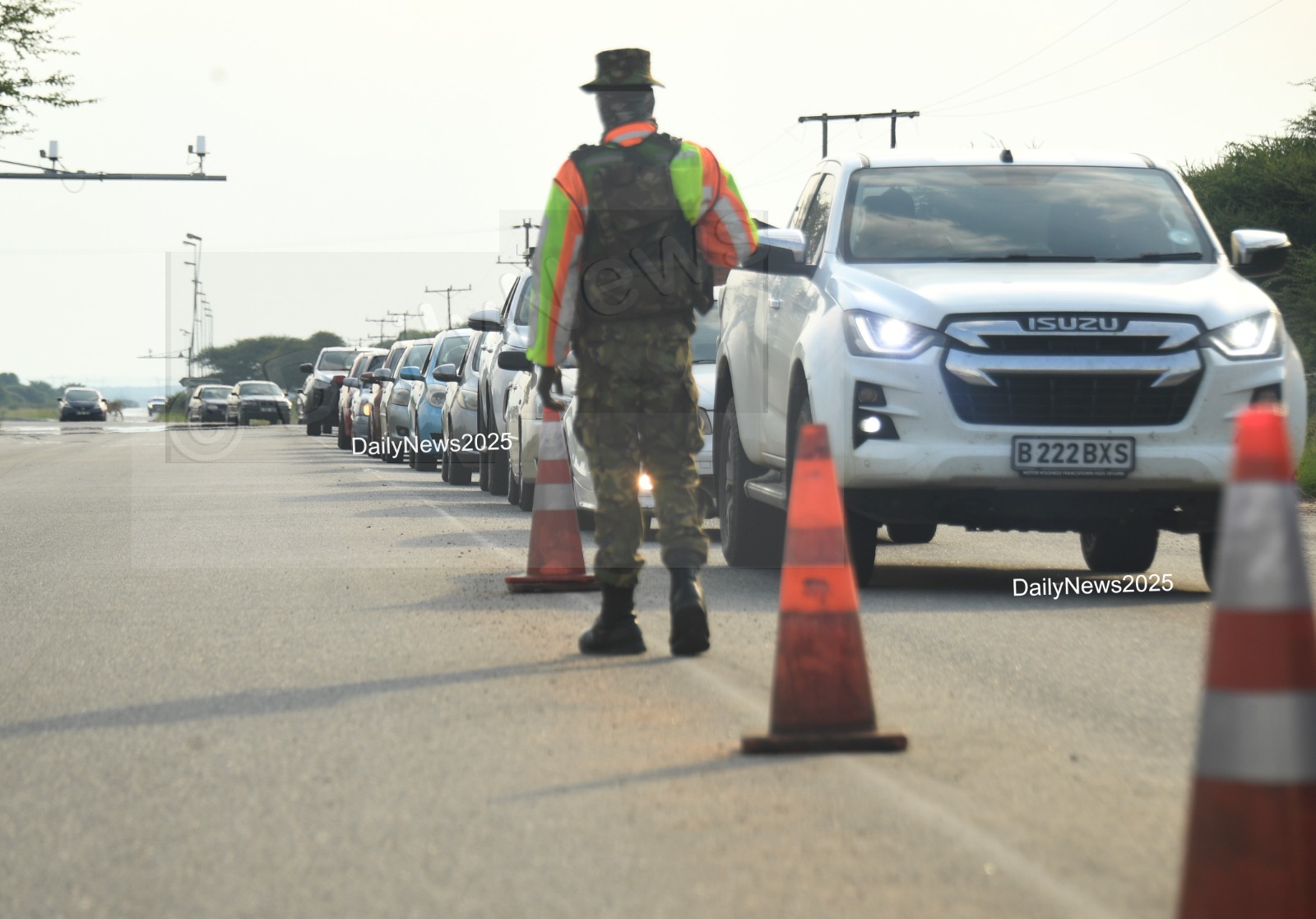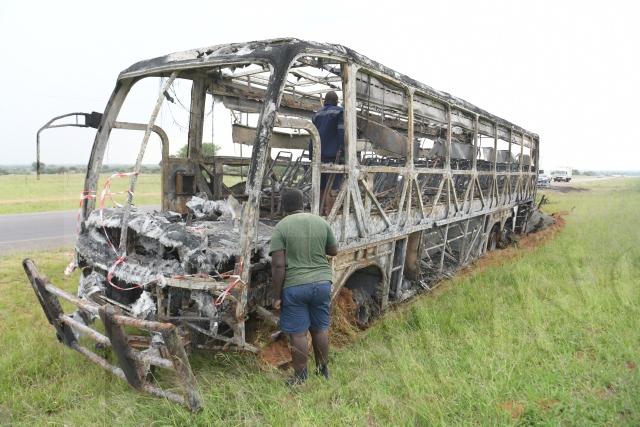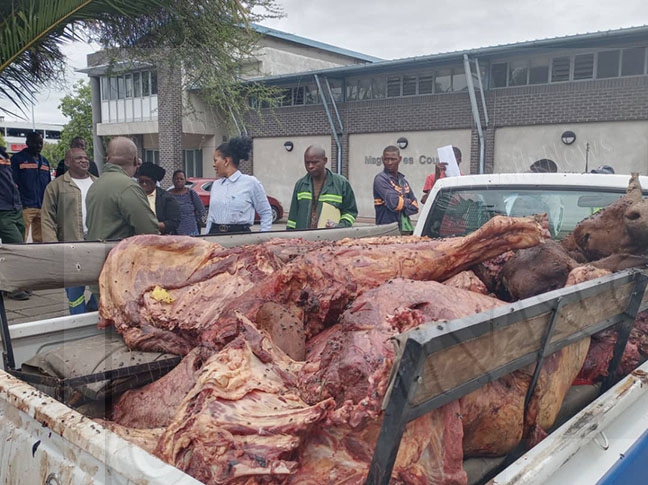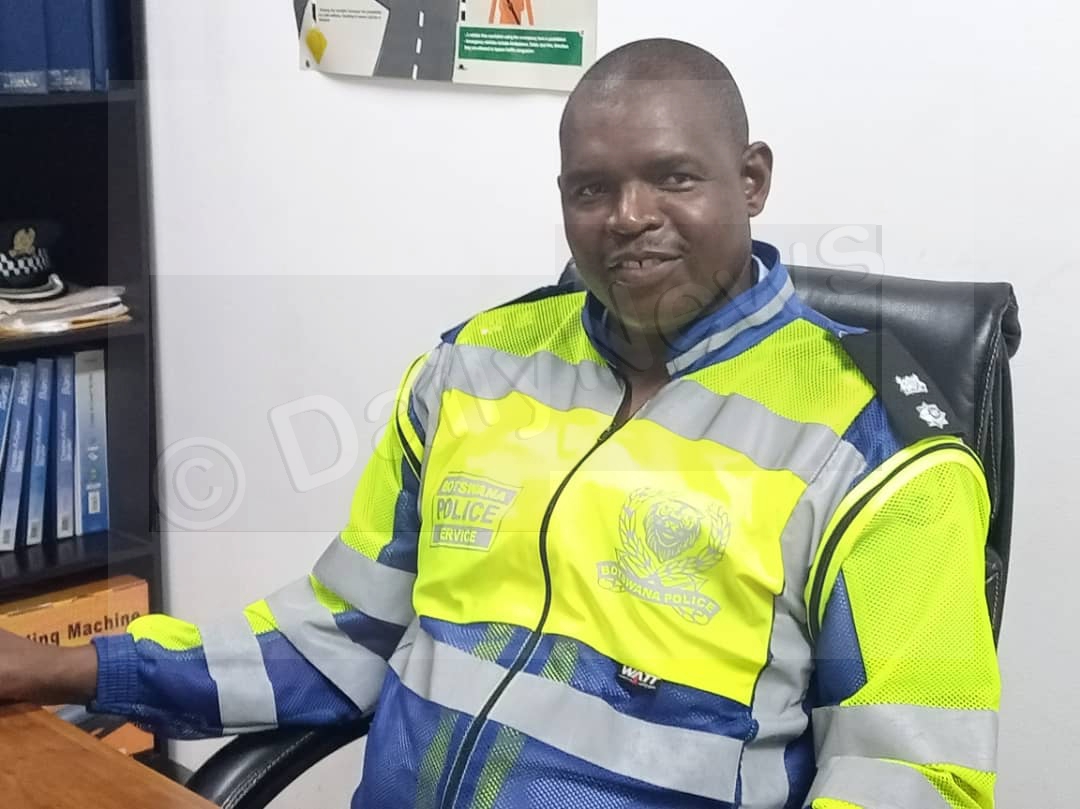Electronic evidence admissible in court- Moroka
05 Jul 2019
Justice Lot Moroka of Francistown High Court says inadmissibility of audio evidence in court is a rule that has been overtaken by events.
Noting that even photocopies were nowadays admissible in court, the judge said what was needed was for the courts to confine themselves to the best evidence.
Justice Moroka was making a ruling on whether a recorded conversation between Pastor Milidzani Socks of Breath of Life Church in Borolong and murder accused Atholang Mojanki was admissible or not.
Mojanki, a former Francistown CID officer, is accused of killing his girlfriend and dumping her body in a bush near Donga Military Camp in 2013. He pleaded not guilty.
The ruling followed a trial within a trial after Pastor Socks had testified that he was given a secret recording device in the form of a pen by Detective Superintendent Simisani Zhibi to secretly record his conversation with Mojanki.
The accused had gone to the pastor for divine intervention allegedly because he was being tormented by the deceased’s death.
It was on the strength of the recording that the accused was arrested. The recorded conversation was transferred to a compact disc (CD).
The defence had objected to the admissibility of the evidence when the CD was played in court mainly because the recording was improperly obtained and that its contents might have been tampered with.
In his ruling, Justice Moroka stated that evidence was categorised as testimonial (oral), physical (visible) and documentary and that the CD fell into the electronic document category.
He further said the evidence from the CD was relevant to the trial because it had provocative value. In addition, he explained that The Electronic Records (Evidence) Act of Botswana, allowed for the admissibility and authentication of electronic records as evidence in legal proceedings.
He said there was nothing preventing the admissibility of electronic evidence in court when such evidence was important and supported other evidence in the trial.
Justice Moroka said the prosecution had a duty to adduce evidence which supported its case adding that the state was careful to exclude the reasonable possibility of someone tampering with either the contents of the secret tape recorder or the CD.
Justice Moroka said the defence failed to suggest on reasonable grounds that there were false recordings either on the secret tape recorder or the CD.
The false recording allegation, he said, must be based on reasonable grounds that included strange voices in the recording, unexplained gaps suggesting deletions or editing as well as suggestions that the conversation did not flow logically which was not the case.
Justice Moroka said it was clear that what the pastor told the court under cross-examination was an accurate reflection of his conversation with the accused.
He said the prosecution managed to prove the integrity of the CD.
Justice Moroka also quashed the defence’s application to have the accused’s confession statement to the pastor not admitted because it was improperly obtained.
The defence had submitted that confession statements were only recorded by police officers or those given the authority and could not be delegated to any other as was the case with Pastor Socks.
Justice Moroka said the accused at the time was not a member of the pastor’s church and therefore the minister was not bound by any confidentiality.
He said had the accused been a congregant, it would have been unethical for the pastor to tell a third party as claimed by the defence.
In addition, he said the accused did not have any obligation with the pastor to the extent that reporting him to the police was a violation of his rights unlike church members who were at liberty to ask for help and expect confidentiality.
The accused, he said, went to the pastor for adhoc assistance and the minister was permitted to report the matter to the relevant authority. He stated that the pastor should and must not conceal the crime or perform any miracles to prevent the arrest of the accused.
Had the pastor done otherwise in this case, he would have faced a charge of accessory to murder. Mojanki is represented by Attorney Kgololesego Segaba while Mr Barayang Diundu of the Directorate of Public Prosecution represents the state. Ends
Source : BOPA
Author : Thamani Shabani
Location : Francistown
Event : Court case
Date : 05 Jul 2019


